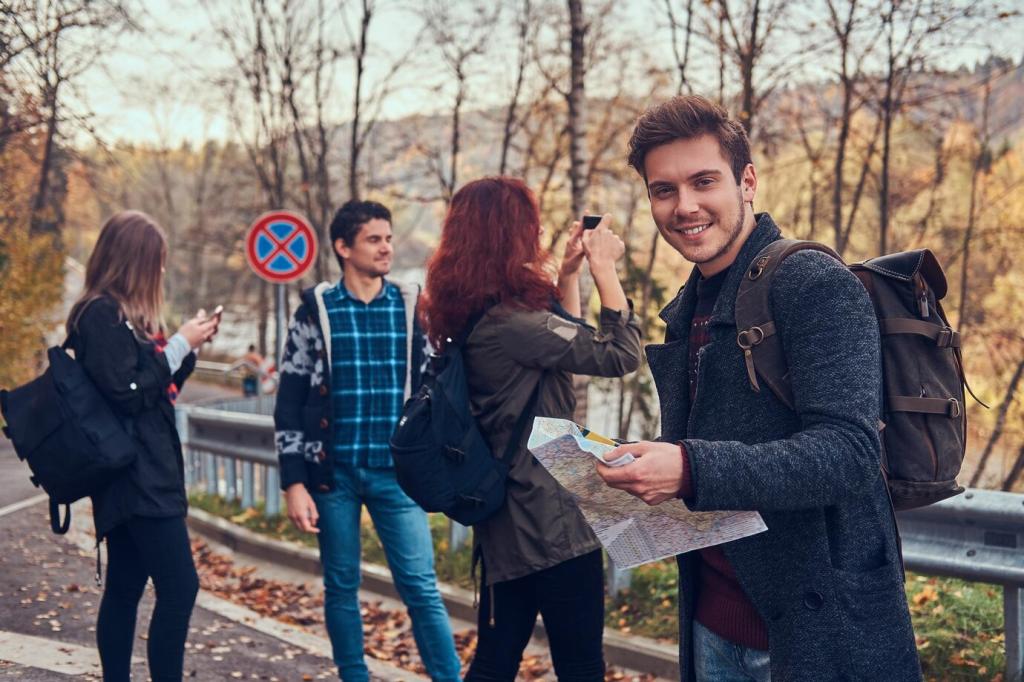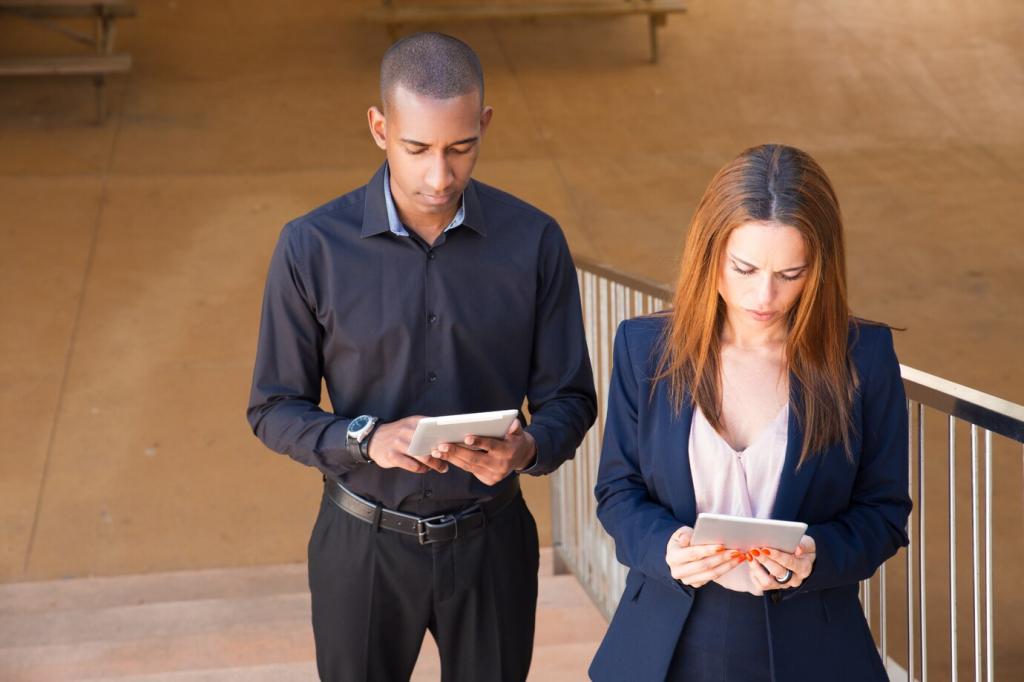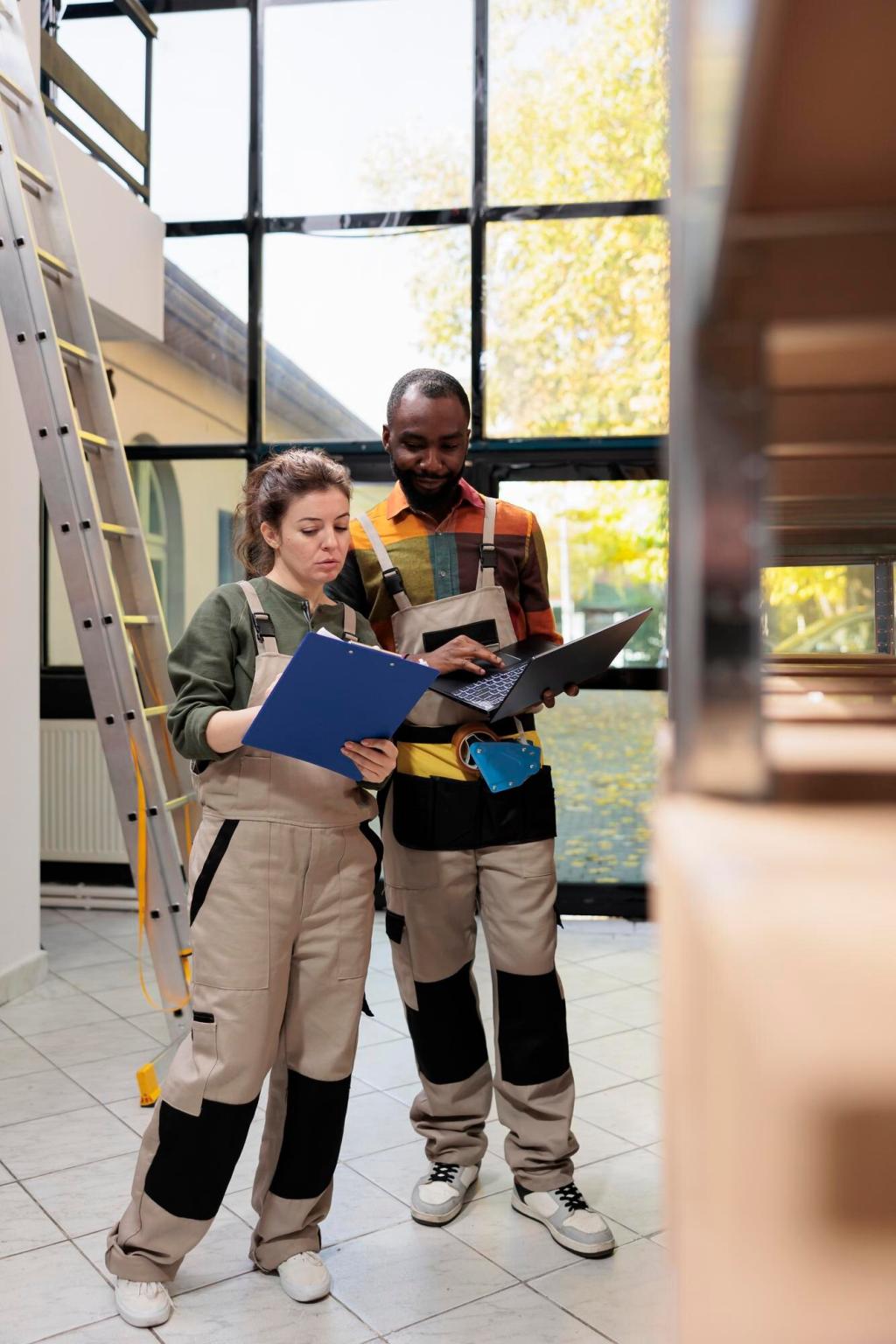Chosen theme: Importance of Cultural Sensitivity in Tourism. Welcome to a journey where empathy guides every itinerary, curiosity sparks every conversation, and respect shapes every memory. Subscribe to stay inspired and share your own stories of traveling with heart.

What Cultural Sensitivity Really Means for Travelers
Sensitive travelers practice listening first—observing how locals greet, trade, and celebrate before participating. This slow approach helps avoid unintentional disrespect and opens the door to real connection, where questions are welcomed and curiosity is a bridge rather than a barrier.
What Cultural Sensitivity Really Means for Travelers
Respect does not require imitation so much as acknowledgment. You can honor customs while remaining yourself, signaling humility and openness. It’s about asking, “What matters here?”—and adjusting behavior to ensure your presence feels supportive rather than disruptive.
Read beyond guidebooks. Seek local news, community blogs, and oral histories to understand joys and wounds that may not appear on tourist brochures. When you know the backstory, you navigate conversations with empathy and avoid stepping casually onto sensitive ground.
Preparing Respectfully Before You Go
A few words—hello, please, thank you—carry surprising weight. Pair them with soft skills like patience, gentle eye contact, and attentive body language. Communication becomes collaboration, and even mistakes feel like sincere attempts to connect rather than careless intrusions.
Preparing Respectfully Before You Go
Greeting Rituals and First Impressions
Observe how locals greet: a nod, a handshake, a bow, or no touch at all. Adapting your greeting style shows you value their rhythm. A respectful first impression can turn a brief encounter into an invitation to learn more deeply.
Participating Without Centering Yourself
At ceremonies or markets, resist the urge to become the main character. Ask permission, follow the lead of hosts, and contribute quietly. Let the community’s story remain the star; your role is appreciative witness, not director or commentator.
Respecting Sacred Spaces and Everyday Boundaries
From temples to family courtyards, not all spaces are public. Cultural sensitivity means noticing thresholds, removing shoes when asked, and refraining from intrusive photos. When in doubt, inquire softly; the act of asking conveys care and earns trust.
Supporting Local Economies with Heart
01
Opt for tours and stays led by residents who shape their own narratives and receive fair compensation. Community-led options tend to share context generously, invite questions, and circulate income locally—ripples of benefit that outlast your visit.
02
Haggling can be cultural, but aim for fairness over victory. Consider the labor, artistry, and livelihood behind each item. Paying a just price is a quiet form of respect that values people as much as souvenirs.
03
Seek items that are responsibly sourced, legally traded, and made by local artisans. Ask about materials, origins, and techniques. The story you carry home should honor the hands that created it, not obscure them.

Always Ask, Never Assume
People are not scenery. Request permission before photographing individuals, religious activities, or private spaces. A simple question respects autonomy and turns images into collaborative narratives instead of extracted moments.

Context Over Clickbait
When posting, provide context that resists stereotyping. Avoid captions that exoticize or oversimplify. Describe what you learned, credit local guides, and acknowledge complexities so your audience sees people, not caricatures.
Learning Through Mistakes: Stories of Repair

An Anecdote of Apology and Growth
A traveler once entered a shrine without realizing a head covering was required. A gentle elder offered a scarf and guidance. The traveler apologized, learned the ritual’s meaning, and later funded a sign translation—turning embarrassment into tangible care.

From Defensive to Curious
When corrected, pause before reacting. Ask clarifying questions, thank the person, and adjust. Curiosity softens defensiveness, turning feedback into a bridge rather than a wall, and strengthening relationships that might otherwise close to visitors.

Sustaining Respect After You Return
Carry lessons home by supporting advocacy groups, amplifying local creators, and choosing transparent travel partners. Cultural sensitivity is not a souvenir—it’s a practice that continues long after your suitcase is unpacked.
